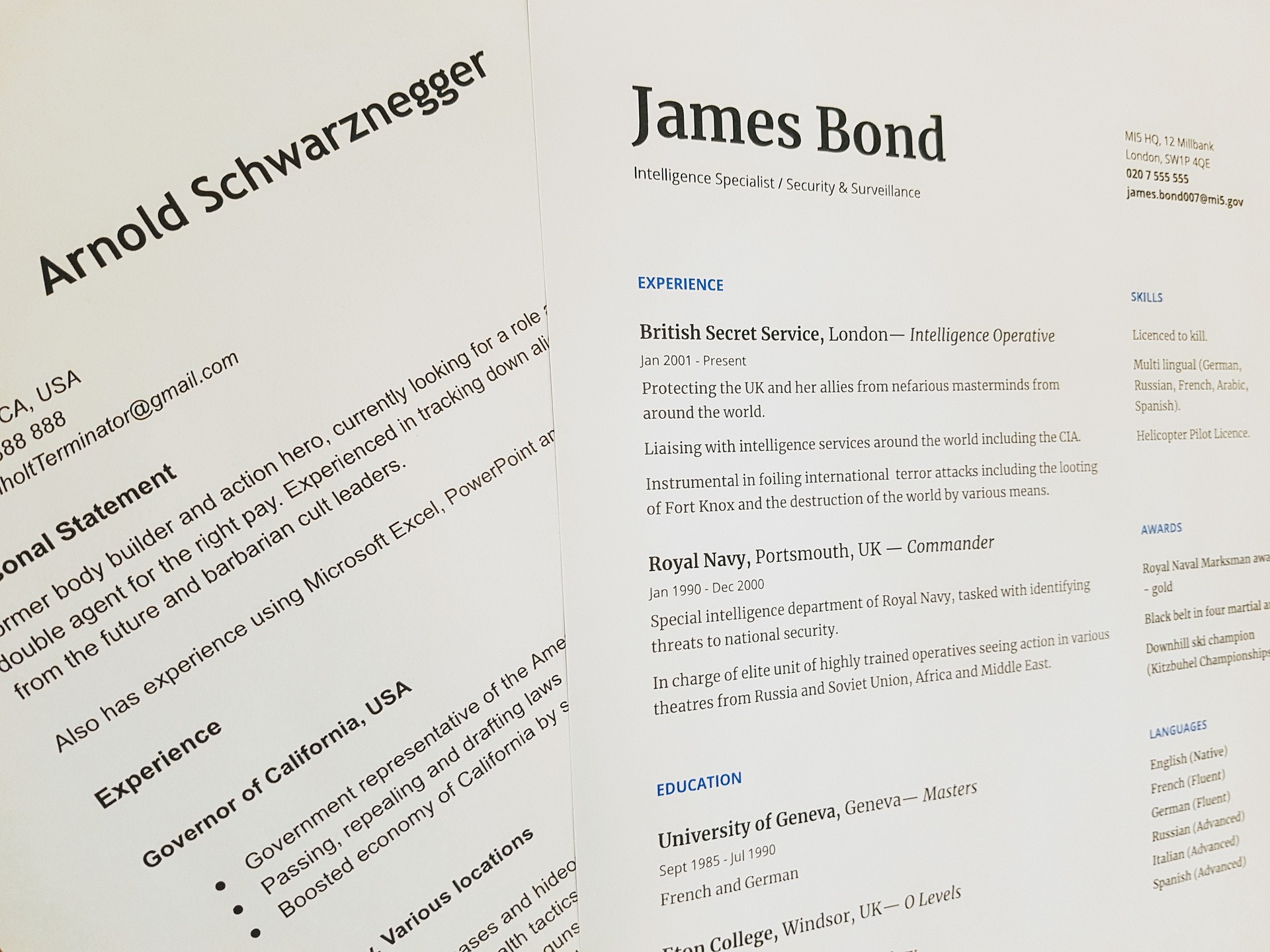How to put education on your resume
Putting together a good CV is a job that requires dedication, as the way the information is positioned, in addition to the content, will make a difference when the recruiter accesses the file. As a result, many are in doubt about how to include education on their resume .
Academic knowledge is essential information that must be highlighted and will be one of the most important points evaluated by HR when reading the resume. The higher the position, the more specialized the training must be. The studies need to be highlighted so that the effort used in this area is evident.
According to research, it can take recruiters just seconds to discard a resume. Furthermore, academic training is the second most relevant topic, behind professional experience. So this is an opportunity to stand out.
How to put education on your resume?
Education refers to the level of academic training, which begins with basic education, including primary and secondary education.
Next comes vocational education, which includes technical level, and higher education, consisting of undergraduate and postgraduate courses. Other specific courses can and should be included in the curriculum, but in a separate area, detailing the knowledge, as we will indicate further down in the text.
Priorities
It is not necessary to include all studies on your CV, just the most recent ones. Therefore, the correct way to prioritize is starting with the last graduation completed. Those who only have a higher education degree can also include secondary education, but as the level of knowledge increases, the first education may be left out.
Description
The appropriate structure to describe the course is:
- Course name
- Educational institution
- Period
The name of the course must already contain the type of specialization, such as “bachelor in marketing”. Other information that can be added includes the city where the institution is located and achievements made. However, these specifications should only be included if the resume does not contain much professional experience.
Incomplete course
In some cases, specialization may be ongoing. If this happens, it should also be included, highlighting this issue. For example, if you are studying for an undergraduate degree, include it above, following the order of priority, and inform the expected completion date. The same can be applied to postgraduate studies and other specializations.
Examples
Check out some examples of how to include academic information on your resume below:
With technical training
Bachelor’s Degree in Marketing
University X
4th period – Expected completion: December 2024
Publishing Technician
Institution Y
January 2019 – December 2020
With postgraduate studies in progress
If you have already completed your undergraduate degree and are in postgraduate studies, it is also important to include .
Postgraduate in in Commercial and Strategic Management in Digital Marketing
UOK
Start Date: January/2023
Expected completion: October/2023
Extracurricular courses
Some knowledge may not involve a degree, but it is still valuable when looking for new job opportunities. When extracurricular courses are aligned with the vacancy criteria, they must also be included, but separately from academic training.
In this case, the ideal is to create a new segment, such as “complementary education” or “extracurricular courses”. Afterwards, courses must be added following the same logic as academic training, starting with the most recent. There are two ways to include these studies, but first you need to consider:
- Relevance: there is no point in including countless courses if none of them are relevant to the vacancy in question. Therefore, leave only those in the document that are aligned with the announced requirements.
- Content: in some cases, it is necessary to specify what was learned. It is not recommended to write long texts, but a few lines can help indicate to the recruiter why this course is important for the position.
Thus, training can be included following the same academic standard, with the name of the course, institution and date of completion, or in a list format, indicating only the course or certificate achieved.
Importance of academic training
In addition to providing professionals with specific knowledge that will make their work more complete and their journey more competitive, specialization is a major differentiator in the search for better opportunities in the job market.
Anyone who wants to grow in their career and reach higher positions, or even develop internally as leaders in their areas, needs the specific knowledge offered by a postgraduate degree.
Furthermore, in our institutions professionals have distance learning options, which allow greater flexibility in their routine. The course possibilities, which also include an MBA, are countless and come in different forms.
With an adequate and complete virtual environment, students can define their study routine and, in some cases, earn their diploma in up to six months. This way, your professional development can happen more quickly.
Another advantage is the competitive cost, which allows you to reach new professional heights with a smaller investment. To top it all off, Black Friday is coming, with unmissable opportunities for those who want to post a post.
Knowing how to put education on your resume and having a new specialization to add, it will be easier to find the right vacancy for your professional future.

